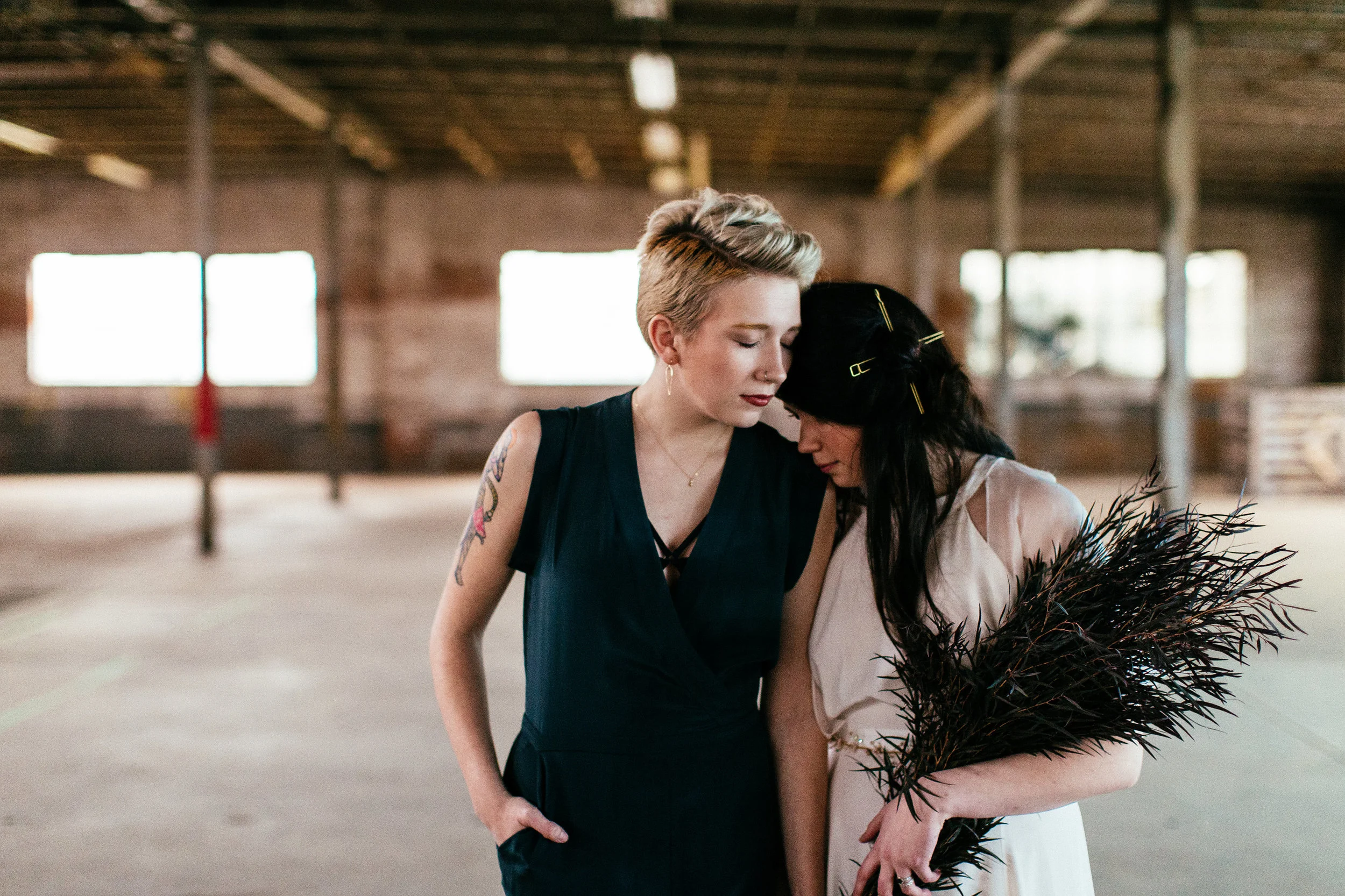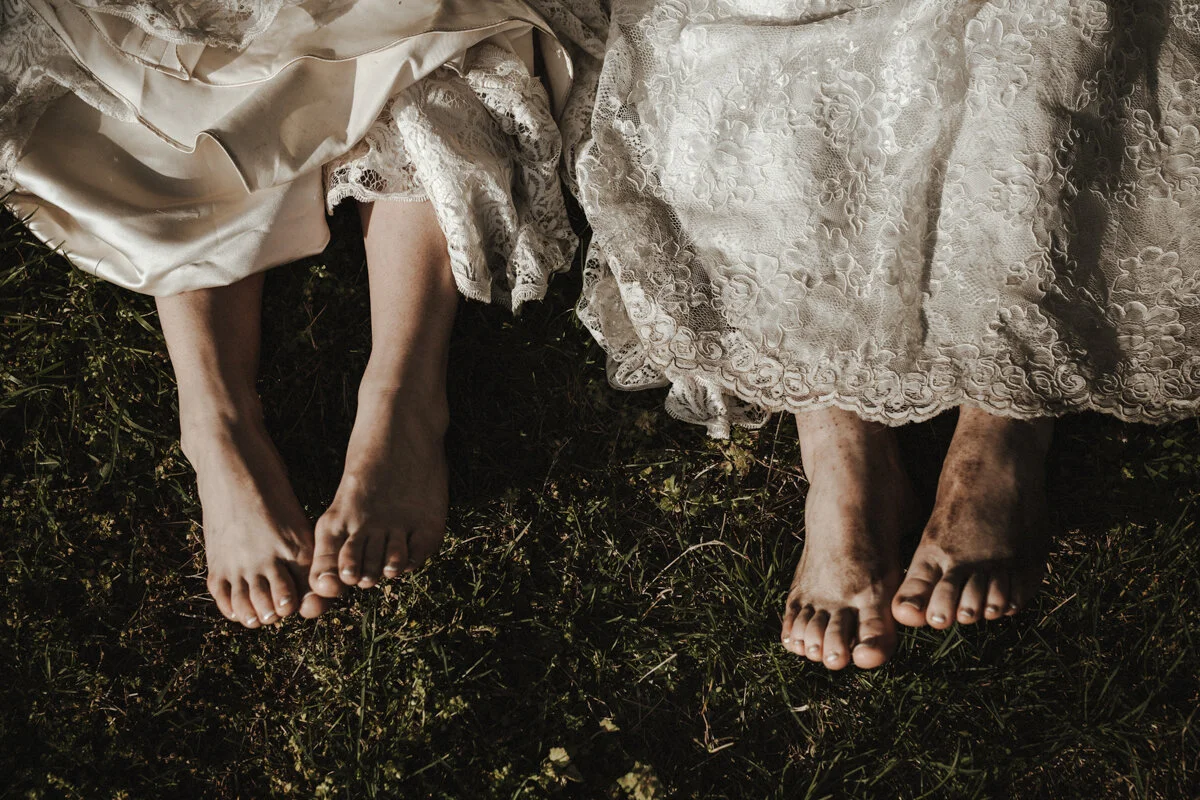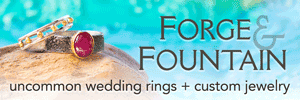Inside the Fitting Room // Embracing Genderless Design When Branding Your Wedding Business
/Photo by Christina Karst
Traditional gender roles are evolving, so wedding professionals better shape up if they if they wish to remain relevant in a genderfluid society. How can they do that?
By embracing genderless design.
As the designers of their own businesses, wedding professionals have the choice to design gender neutral spaces to better accommodate folks who do not identify with the gender binary. I hope they embrace this approach because creating more inclusive businesses benefits us all.
Business owners should not overlook the social, political, and cultural impact of the gender evolution. Consider the access laws for transgender Americans and the effect the debate over public restrooms has had on our understanding of gender. Conversations about what it means to be trans, genderfluid, gender nonconforming, or genderqueer have moved beyond feminist circles and become a part of the national dialogue on gender.
The boundaries are blurring and evolving into a new normal. To put it simply, wedding industry professionals who claim to care about inclusive feminism need to put in the work it takes to create gender sensitive businesses.
Unlearning stereotypical feminine design is the first step in making that happen. To begin that process, it’s important to be thoughtful about what messages design choices communicate to the public. Ask who is ultimately benefiting from the design elements. Is it honestly a good idea to paint the walls #millenialpink, or is it because you associate this color with femininity? Who do you imagine is going to feel comfortable sitting on a blush velvet victorian couch opposite a floor-to-ceiling gold rimmed mirror?
Our work as intersectional feminists is never done, and that includes the work we do on ourselves. A post on Instagram promoting the rights and freedoms of gender identity and expression is not enough. We need to open up our doors to a more diverse clientele by embracing genderless design instead of relying on a feminine aesthetic, which is too often associated with the wedding industry.
To put it simply, wedding industry professionals who claim to care about inclusive feminism need to put in the work it takes to create gender sensitive businesses.
Shopping in a bridal boutique should not be an exclusive experience only reserved for cisgender women who identify with a feminine gender presentation. Not every person who chooses to marry is going to fit neatly into the gender binary, and we need to be aware and accepting of that.
By now, the profound impact of design on human behavior, should be obvious. How we decorate, and the design elements we use, all influence how welcomed a customer will feel. What at first might seem innocuous can have a transformational effect in our businesses and set a standard for future wedding industry professionals. So let's be proponents for change and dare to disrupt norms in the wedding industry by beginning in our own businesses.
Michelle Avitia works in Los Angeles as a bridal stylist at both The Blushing Bird in Toluca Lake, and Bride Boutique LA in Echo Park. Besides styling, Michelle is a freelance writer who writes about the wedding industry from the perspective of an intersectional feminist. She also may, or may not run an anonymous twitter account that critiques the bridal industry.






















